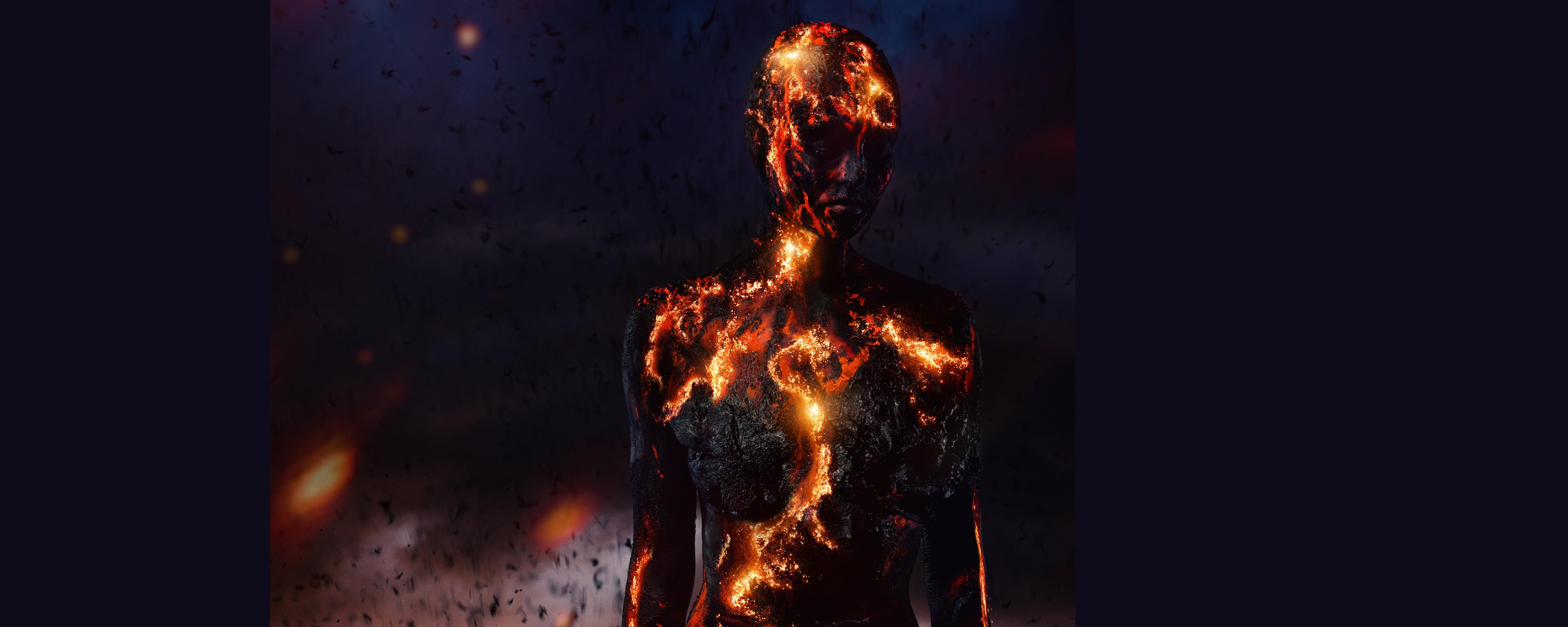The forging god is an ancient and powerful god. As such, it is surprising that he did not choose to found his own city and rather agreed to join our Lord
the water god Lydien to found together the city-state that became our capital. It is even more shocking when knowing about the constant rivalry between those two gods, as the only other gods who did similar things were close siblings or lovers. However, both of them are extremely clever and ruthless gods, and it would not surprise me if they plotted from the start to join forced and gain an advantage over the other gods. If not, they certainly were quick enough to make use of it and swallow all surrounding cities to form a new empire.
The forging god is the patron god of fire, metal processing, forging, and engineering. To almost all mortals, he is the god that stands for progress and innovation, which was further confirmed when he was one of the gods that triggered the current industrial revolution, thanks to his
alchemy. His team of mortals is currently at the forefront of the technological race, and he intends to keep it that way, whatever the price. Even if he makes a mortal enemies of our Lord the water god by polluting all of his rivers.
This "
Pollution War" between them has been going on for some time, and of course, it is us mortals that end up suffering for it. Both gods are now fighting to get their own candidate selected as the next
royal heir so that they can become the major patron god of the country for the next generation and decide whether industrialisation or the environment are going to be favoured.




Interesting article! The narrator's voice really came through. The forging god is well made, and I think his arrangement with the water god is definitely suspicious. Good work.
Thank you :D The forging god is definitely suspicious and may or may not be a ( the?) bad guy in the novel once I decide the plot... And Cécile's opinion of him is, of course, completely impartial :p